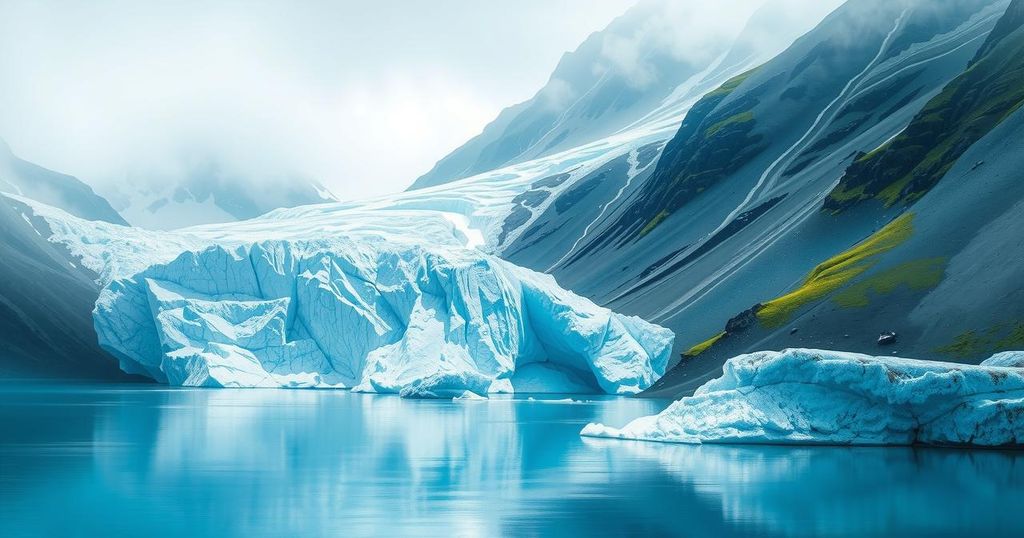UN Report: Record Glacier Loss Linked to Climate Change

The UN has announced record glacier loss, with 9,000 gigatons of ice vanished since 1975. This worsening trend threatens sea levels and freshwater supplies. UNESCO will call for global action on glaciers ahead of the first International Day of Glaciers.
The United Nations has reported a dramatic increase in global glacier melt, revealing that the last three years recorded the most significant loss of ice mass to date. According to the United Nations Educational, Scientific and Cultural Organization (UNESCO), glaciers have lost approximately 9,000 gigatons of ice since 1975, which is comparable in size to a massive block of ice the dimensions of Germany and 25 meters thick.
Michael Zemp, the head of the World Glacier Monitoring Service, stated during a press conference in Geneva that five of the last six years have seen unprecedented ice losses, including a staggering 450 gigatons recorded in 2024 alone. The trend is expected to worsen in areas such as the Arctic, the Alps, South America, and the Tibetan Plateau due to rising global temperatures attributed to climate change.
The ongoing glacier retreat is a significant factor in rising sea levels, posing increased flooding risks for millions and threatening freshwater systems essential for agriculture and hydropower that serve billions of people. Glaciers, alongside ice sheets in Greenland and Antarctica, represent around 70% of the world’s freshwater resources.
These alarming findings were published in advance of an upcoming UNESCO summit in Paris, which will commemorate the first International Day of Glaciers. At this summit, officials are expected to advocate for global efforts to safeguard the remaining glacier ecosystems.
In summary, the UN warns of unprecedented glacier loss due to climate change, with record ice mass losses over the past three years. This phenomenon is escalating, impacting sea levels and freshwater resources crucial for billions. With ongoing global warming, coordinated international actions are essential to preserve glacier environments, particularly as we approach the first International Day of Glaciers to be marked by UNESCO.
Original Source: shafaq.com






